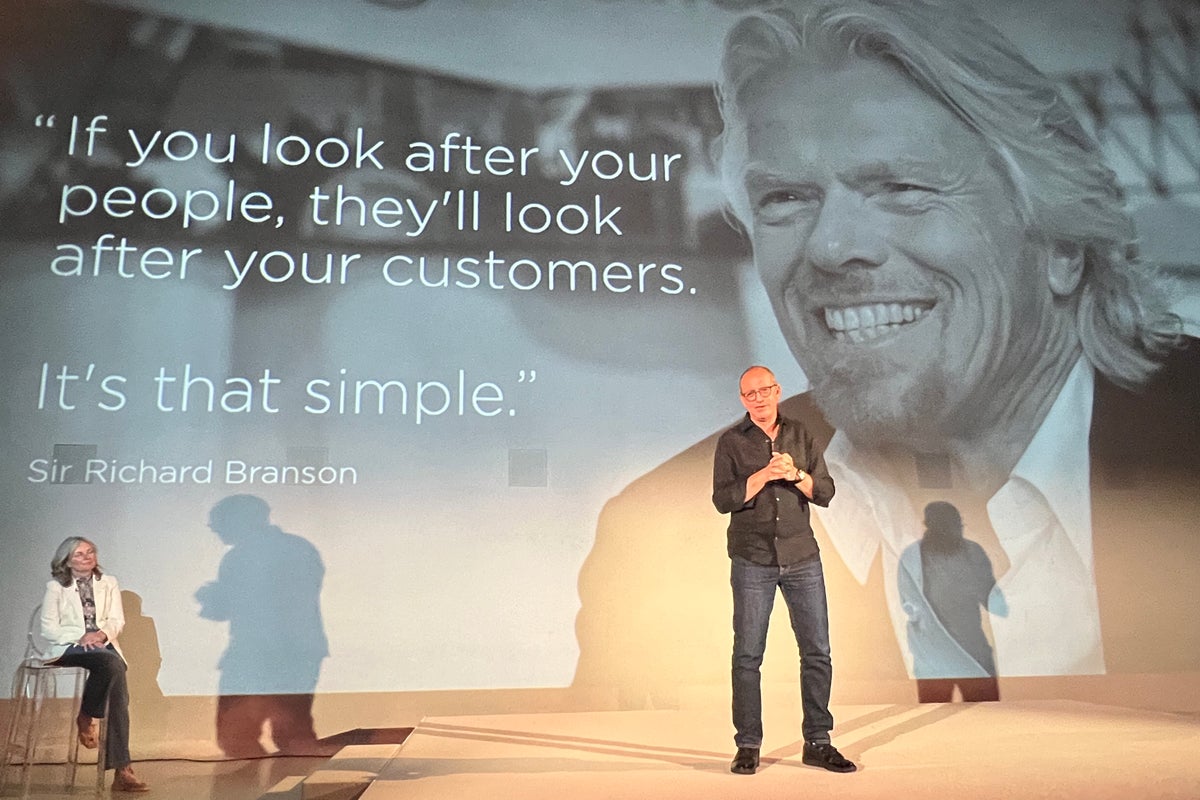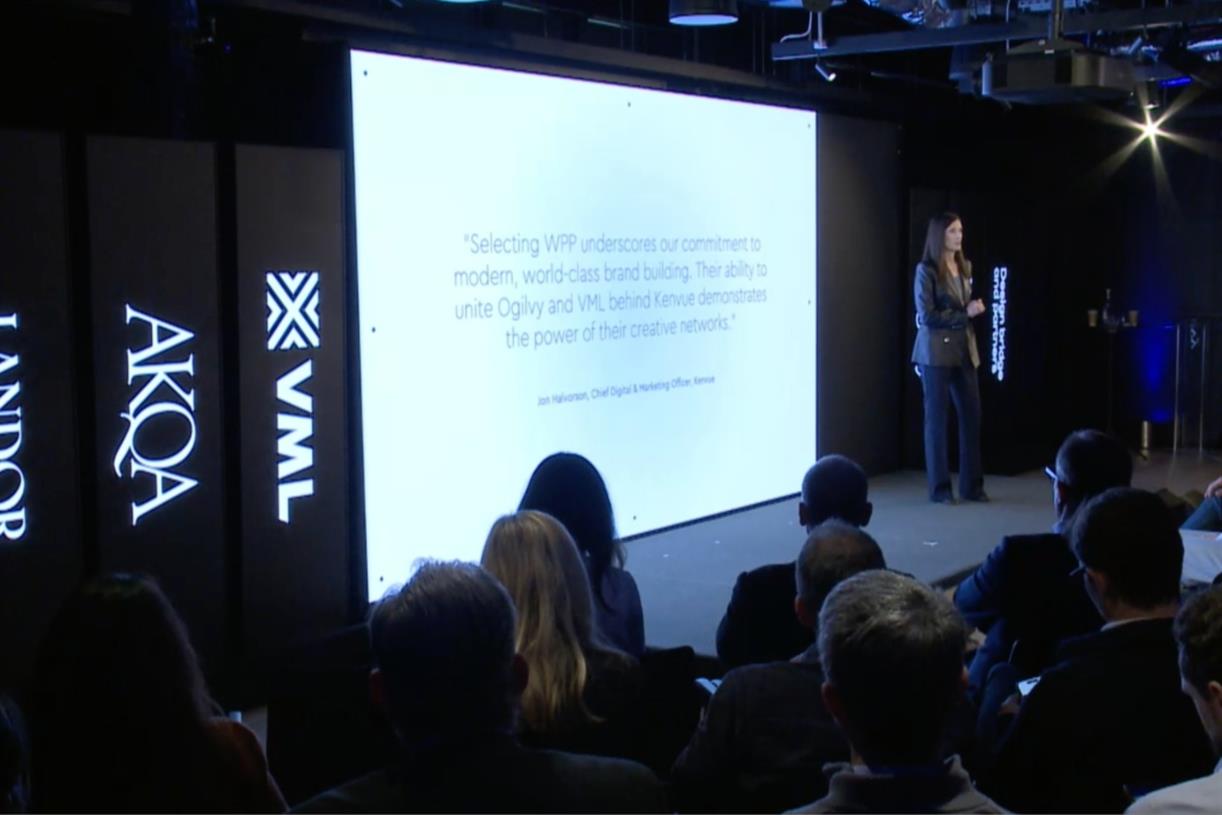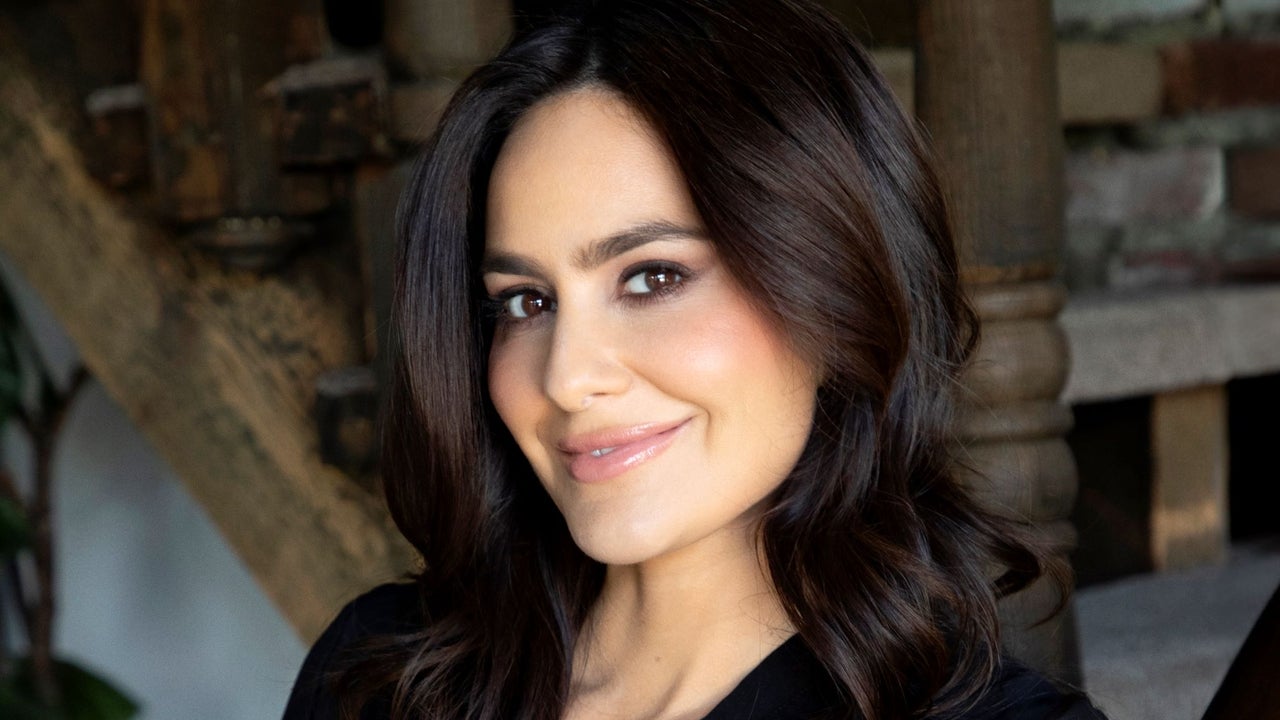Virgin Atlantic: 5-year plan includes Starlink wifi and more posh seats, but not a return to Gatwick
Plane Talk: When Richard Branson founded his airline, only 5% of seats were better than economy – on some planes soon it will be 45%

“It’s going to be massive,” says Shai Weiss. The Virgin Atlantic chief executive is talking about his airline’s plan to provide every passenger with free, streaming-quality wifi on every plane by the end of 2027.
“It’s going to change the way people think about travel.”
Elon Musk’s Starlink constellation of satellites will supersonically link the Virgin fleet of Airbus and Boeing jets to the rest of the planet.
Currently I often pay £20 or £30 for intermittent connectivity during a long-haul flight.
Some passengers will mourn the end of isolation from the realities of life at ground level while in flight, but I imagine most of us will welcome the chance to consume our favourite media along with a meal and a drink – and to make the long hours across the Atlantic, Asia or Africa more productive.
Also changing dramatically: the passenger mix. The proportion of posh seats – Premium and Upper Class – will double on Airbus A330 and Boeing 787s. When Virgin Atlantic started flying from London Gatwick to New York Newark in 1984, only 5 per cent of seats were better than economy; by 2030, that figure will be 45 per cent on the aircraft used for business-heavy routes.
Shai Weiss says: “We have enough seats in the economy cabin. It’s only on 24 of the 45 planes – we have the A350s in the leisure configuration.” The Airbus A350s are the people-carriers, on routes such as Florida, the Caribbean and India. They have 18 per cent seats that are better than economy. But the wifi in the cheap seats is promised to be just as good.
The big reveal was made on Tuesday night in a spectacular venue at London’s Marble Arch, which was partly reconfigured to resemble a Virgin Atlantic lounge.
The airline boss says the lounge at the main base, Heathrow Terminal 3, will be comprehensively refreshed – even though “our desire to move into Terminal 2 is not something that we’re hiding away from.” The transfer from the oldest surviving terminal at Heathrow to the newest will take “to the end of the decade at a minimum”.
Talking of age, Virgin Atlantic claims the youngest fleet across the Atlantic – an average aircraft age of seven years. Winning that particular contest is not difficult when your rivals are American Airlines and British Airways (both 14 years) plus the venerable aircraft of Delta and United (averaging 15 and 16 years) respectively.
That quartet may not have the most modern fleets, but they do have the benefit of short-haul networks to support long-haul flights. Apart from three short-lived European flirtations (first with Maastricht, then a brief Moscow dalliance, and later with Athens), Virgin Atlantic has only ever flown intercontinental routes.
The fleet plans show clearly that will not change. But the airline joined the SkyTeam alliance two years ago and since then has acquired what Weiss calls “a virtual network” – connecting with Air France, KLM and SAS at Heathrow.
“A decade ago we had probably about 1,000 passengers a day connecting to or from Virgin Atlantic. Right now it’s 4,000 a day.
“SkyTeam has allowed us to augment our long-haul travel with connectivity – and that’s really the profound change we’ve seen over the last few years.”
Slots remain extremely scarce and valuable at Heathrow. But around at Gatwick, where Virgin Atlantic was born, the airline retains ownership of some slots – currently leased to easyJet. “I like leasing them,” says the CEO. “It’s good business.”
But will Virgin Atlantic ever return to the Sussex airport that it abandoned during the Covid pandemic? “Our home right now is Heathrow. It’s really transformed not just our positioning and efficacy but the success of our operations.
“I’ll keep on saying what I say: never say never.”

 Lynk
Lynk 










.jpg?trim=0,5,0,3&width=1200&height=800&crop=1200:800)




















